One out of every three seniors experiences a fall every year, and in 30 percent of these cases, the fall is serious enough to require hospitalization. Falls are one of the most common causes for fractured or broken bones in the elderly, because their bones are more brittle and more susceptible to fracturing.
Broken bones are not the only possible consequences of falls. Lacerations, head injuries, and even death are also possible results. Moreover, the emotional impact of these falls can be devastating. Seniors may be more afraid of falling and restrict their activities. This can lead to depression and anxiety, as well as isolation. Seniors may start to feel confined or incapable of doing things on their own.
Furthermore, a fractured bone is much more devastating for a senior citizen than a younger person. A senior who breaks a bone may have a long and painful recovery process or may never gain full motility. This recovery is even more difficult if the senior hurts his or her hip, which is one of the most commonly injured bones in a fall. Even small fractures can have serious consequences. Because of these statistics, you can see how damaging falls can be to senior citizens.
Falls cannot always be prevented in senior populations. As seniors age, they may lose their reflexes or have health problems that affect their vision and balance, making them more vulnerable to falls. Although some falls are true accidents and cannot be prevented, when senior citizens are placed in nursing homes, the facilities assume a higher level of responsibility for their care and are responsible for preventing unnecessary falls.
Nursing Home Responsibility for Falls
Because of the potentially devastating repercussions of falls that can affect seniors, nursing homes have a special responsibility to do everything within their power to prevent falls from happening. Nursing homes must have reasonable policies and procedures in place to prevent seniors from falling or having other accidents.
When a nursing home does not properly supervise patients or when they do not have sufficient safety procedures in place, falls become more common. Falls are also more likely if patients become dizzy due to improper medication or malnutrition. It can be considered a form of abuse of elderly patients if nursing homes allow patients under their care to be injured. If a fall occurs even in part due to improper action by the nursing home, the facility is responsible. The elderly patient and/or his or her family members can attempt to claim compensation to cover the medical expenses incurred, as well as compensation for emotional suffering.
Contact Us
We trust nursing homes to keep our loved ones safe and healthy, so when they do not live up to expectations, it is particularly upsetting. If a family member has experienced an unexpected fall or unexplained fractures while under the care of a nursing home, contact us at Van Sant Law, to find out what kind of action you can take.
No senior citizen should ever be subject to neglect or abuse while a resident at a nursing home or other care facility. Contact one of our Georgia offices for a free consultation today, and we will evaluate your case, help you build evidence to show the nursing home is to blame for the fall, and assist you in recovering compensation for medical costs, pain and suffering, emotional distress, and/or wrongful death.





.2410171551550.png)
